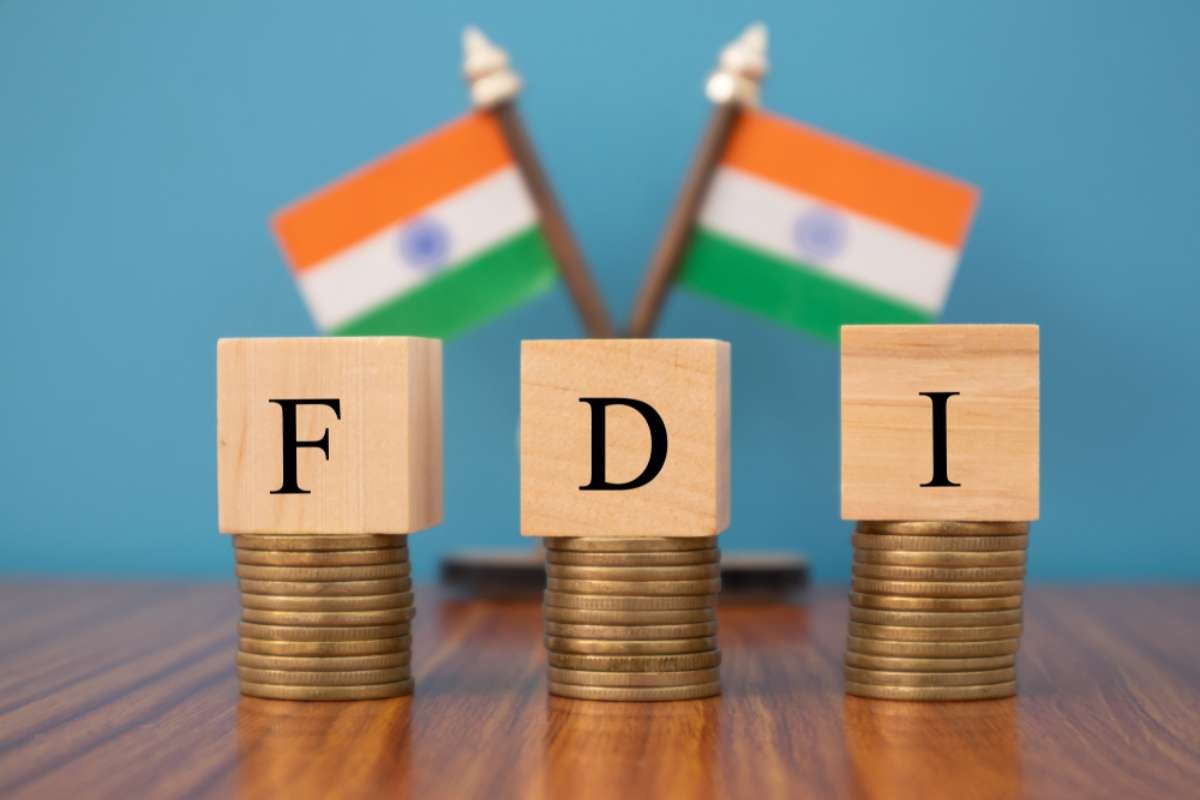Indian stock markets witnessed a sharp downturn on Friday as escalating hostilities between India and Pakistan rattled investor confidence. The benchmark S&P BSE Sensex plummeted by 700 points, or 0.9%, settling at 79,634 in early trade. Similarly, the NSE Nifty index fell by 230 points, or 1%, reaching 24,044. The decline came amid reports of intensified military confrontations along the border.
According to a statement from the Indian Army, Pakistan launched missile and drone attacks targeting Indian military installations in Jammu, Pathankot, and Udhampur. These attacks were reportedly intercepted and neutralized. Pakistan was also accused of multiple ceasefire violations along the Line of Control (LoC), which, according to Indian defense stocks sources, received a ‘befitting reply’ from Indian forces.
In a significant retaliatory move, the Indian Navy launched missile strikes on strategic Pakistani naval bases in Karachi. The strikes were said to have caused substantial damage and led to widespread panic along the Pakistani coastline. This naval engagement marks the first of its kind since the 1971 India-Pakistan war, adding to the gravity of the situation and its potential implications for regional stability.
U.S. Responds with Caution as Conflict Intensifies
Amid the rising tensions, U.S. Vice President JD Vance commented on the unfolding conflict, stating that it falls outside America’s sphere of involvement. In a public statement, Vance emphasized that while the United States may advocate for de-escalation, it does not intend to interfere directly in what he described as a bilateral dispute.
“Fundamentally, India has its gripes with Pakistan, and Pakistan has responded to India. What we can do is urge these folks to de-escalate, but we are not going to get involved in a war that has nothing to do with America’s ability to control it,” said Vance.
His remarks signal a non-interventionist stance from Washington, despite growing international concern over the potential for broader destabilization in South Asia. The U.S. response suggests a diplomatic approach aimed at preventing further escalation without taking sides or engaging militarily.
Defense Stocks Rally Amid Broader Market Slump
While most sectors suffered losses, Defense Stocks in India rallied sharply in response to the heightened military activity. Investors appeared to shift their focus to companies likely to benefit from increased defense spending and preparedness. Bharat Dynamics led the surge with a 7.6% rise, followed by Bharat Electronics, which jumped 4.6%. Bharat Forge gained 2.3%, while Hindustan Aeronautics saw its shares rise by over 3%.
Tata Motors also bucked the downward trend, climbing 3.5% after the announcement of a breakthrough trade deal between the United States and the United Kingdom. This deal is expected to benefit Indian automotive exports indirectly.
As geopolitical uncertainties continue to influence market sentiment, analysts warn of increased volatility ahead. The situation remains fluid, with both diplomatic and military developments likely to dictate the direction of financial markets in the near term.
Visit more of our blogs! Business Viewpoint Magazine.








